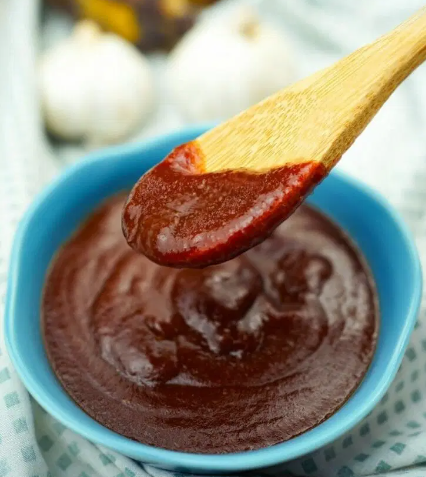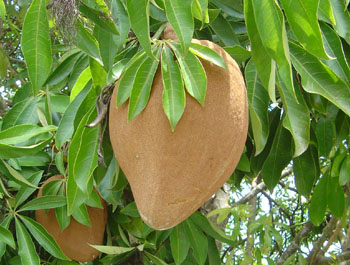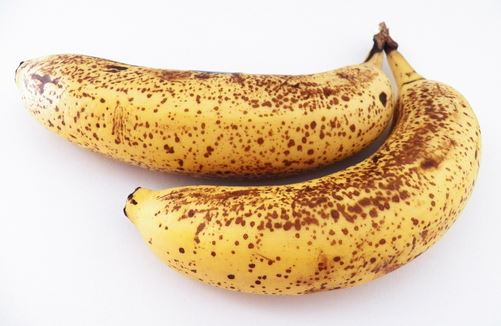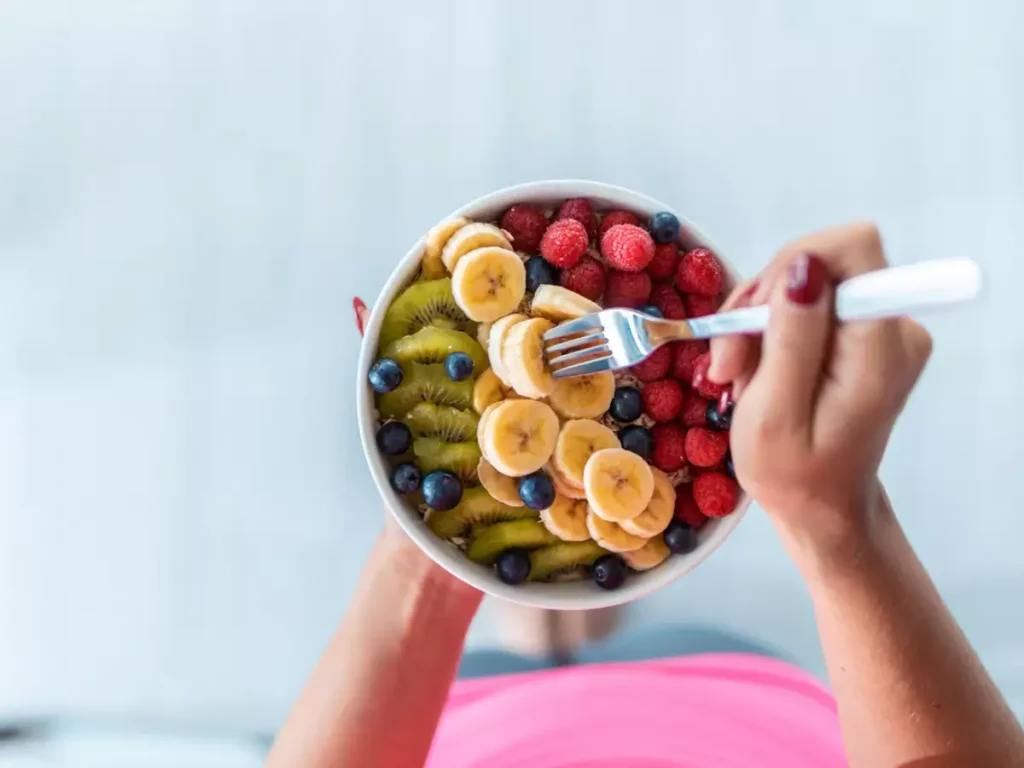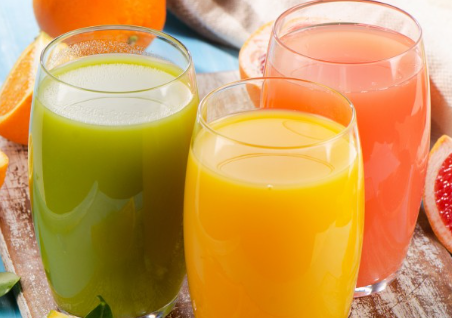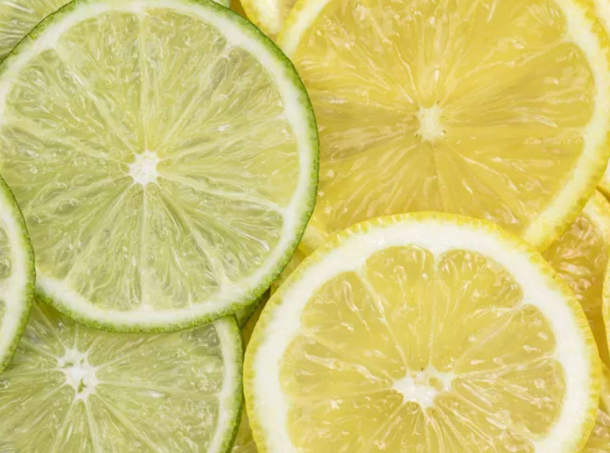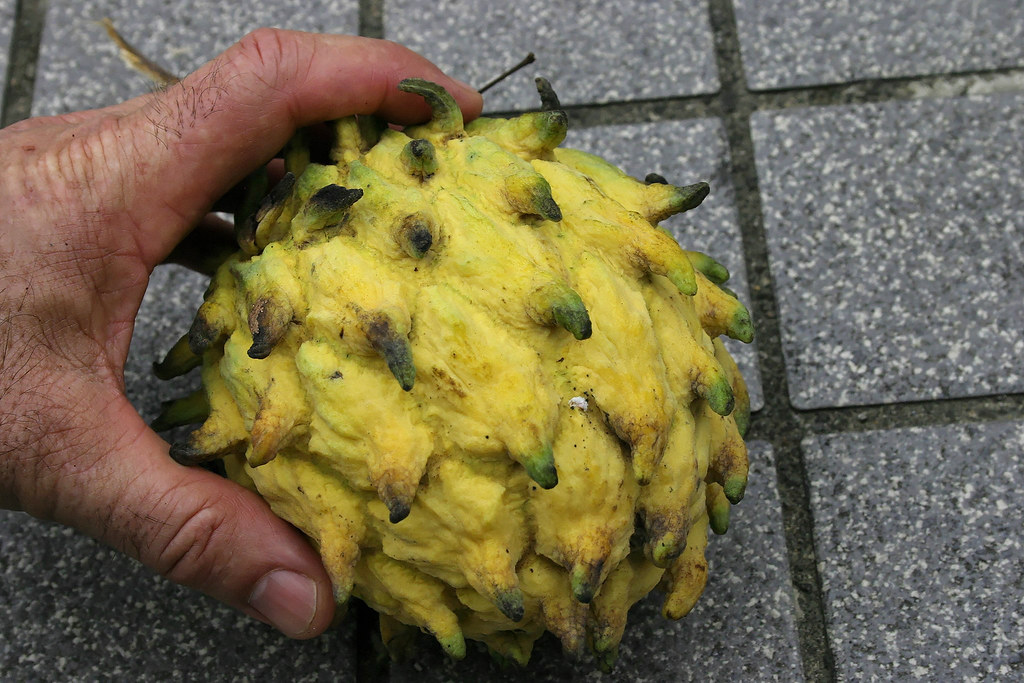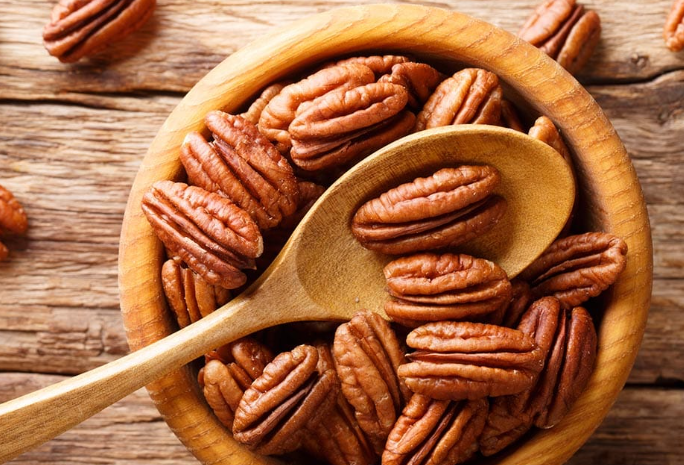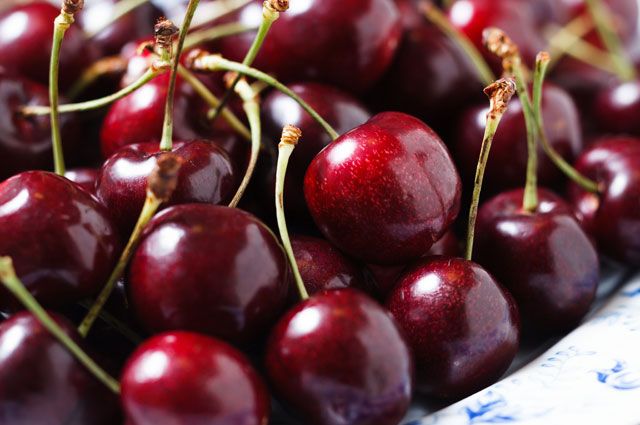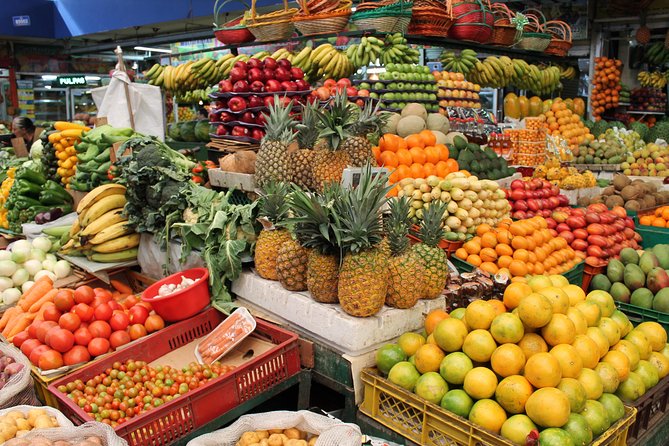Mangoes taste amazing and are nutritious for chickens. These fruits have lots of vitamins. Serve chickens mango pieces without the skin or pit as a special snack.
Papayas are fruits that come from tropical places, and chickens enjoy them. They bring vitamins and fiber. Serve your chickens ripe papayas without seeds, peeled and mashed up.
Table of Contents
- 12. Strawberries
- Tips and Precautions for Giving Fruits to Chickens
- Tips for Feeding Fruits to Chickens
- Conclusion
- FAQs
- Can chickens eat citrus fruits like lemons and grapefruits?
- Are there any fruits that chickens should never eat?
- How often should I feed fruits to my chickens?
- Can chickens eat fruit peels and skins?
- Are frozen fruits suitable for chickens?
- The Good Things About Chickens Eating Fruits
- Things to Think About When Giving Chickens Fruits
- Complete Guide to 12 Chicken-Safe Fruits
- 1. Apples
- 2. Berries
- 3. Bananas
- 4. Watermelons
- 5. Oranges
- 6. Peaches
- 7. Pears
- 8. Pineapples
- 9. Grapes
- 10. Mangoes
- 12. Strawberries
- Tips and Precautions for Giving Fruits to Chickens
- Tips for Feeding Fruits to Chickens
- Conclusion
- FAQs
- Can chickens eat citrus fruits like lemons and grapefruits?
- Are there any fruits that chickens should never eat?
- How often should I feed fruits to my chickens?
- Can chickens eat fruit peels and skins?
- Are frozen fruits suitable for chickens?
12. Strawberries
Strawberries are loved by people and chickens alike. Full of vitamins and good things for the body. Let your chickens eat whole strawberries or mash them as a special treat.
Tips and Precautions for Giving Fruits to Chickens
Tips for Feeding Fruits to Chickens
Chickens can enjoy fruits as part of a balanced diet, but it’s important to follow some guidelines. Be careful not to give them too much fruit, which can upset their stomach. Start with small amounts and watch for any bad reactions.
It’s key to introduce new fruits slowly to their meals and keep an eye out for any signs that the fruit isn’t agreeing with them. Always remove seeds, pits, or hard centers from the fruits as these can be dangerous for your chickens to eat.
Conclusion
Adding fruits to your chickens’ diet is a wonderful way to give them extra nutrition and a bit of variety. The 12 fruits I’ve talked about are not only tasty but also packed with good stuff for your chickens. They can make your chickens’ meals more interesting and healthy.
Even though fruits are good for them, remember to only give them in small amounts. Each chicken might react differently to certain fruits, so it’s important to think about any special needs they might have. By mixing these fruits into their regular food, you’ll help keep your chickens in top shape and enjoying their meals.
FAQs
Can chickens eat citrus fruits like lemons and grapefruits?
Yes, chickens can have citrus fruits such as lemons and grapefruits but only a little bit at a time. These fruits are very acidic and could upset the chickens’ stomachs if they have too much. Give them small pieces occasionally and see how they react to it.
Are there any fruits that chickens should never eat?
For sure, some fruits are bad for chickens. For example, avocados, including the pit, have a poison called persin that’s dangerous for chickens. Also, sugary fruits like cherries and plums should only be given sometimes to stop the chickens from getting too fat or having other health problems.
How often should I feed fruits to my chickens?
Think of fruits as a special treat for your chickens. Giving them fruit once or twice a week is usually fine. Make sure to also feed them grains, vegetables, and proteins to keep their diet balanced and healthy.
Can chickens eat fruit peels and skins?
Chickens can safely eat the peels and skins of many fruits, like apples, pears, and peaches. But it’s better to take off the thick peels from fruits like oranges or bananas before giving them to your chickens.
Are frozen fruits suitable for chickens?
You can give chickens frozen fruits, but you should let them thaw first. Freezing changes how the fruit feels, but not the good stuff inside it. Thawed frozen fruit is a refreshing snack for chickens, particularly when it’s hot outside.
Raising chickens in the backyard is becoming more common in cities and in the countryside. Besides their usual feed of seeds and veggies, it’s good to give them a mix of foods, including fruits. Chickens love to eat fruit, and it can be a healthy treat for them. In this guide, we’ll look at 12 fruits that are safe and tasty for chickens.
The Good Things About Chickens Eating Fruits
Giving fruits to your chickens can be really good for them. Fruits are full of natural vitamins, minerals, and things called antioxidants that help the chickens stay healthy and happy.
The sugars in fruits help give chickens a little energy boost. Plus, different kinds of fruits can make their food more interesting and fun for them to eat.
Things to Think About When Giving Chickens Fruits
Before you start giving fruits to your chickens, remember a few things. Make sure the fruits are good for them and add to a balanced diet. Don’t give them too much fruit to prevent them from getting too much of one thing.
Always choose fresh fruit – never anything too ripe or going bad. Try different fruits to give them a mix of nutrients and to keep them from getting bored. If the fruit is big, cut it into smaller pieces.
Watch out for fruits that are not safe for chickens. If you can, choose fruits that have not been sprayed with chemicals or are grown without them. When you give your chickens new fruits, start with a little at first to make sure it doesn’t upset their stomachs.
Chickens need lots of fresh water to drink, especially when they eat fruit. Give them fruit in small amounts so they don’t get overweight or lose their appetite for their main food, which is usually a special feed made just for chickens.
Complete Guide to 12 Chicken-Safe Fruits
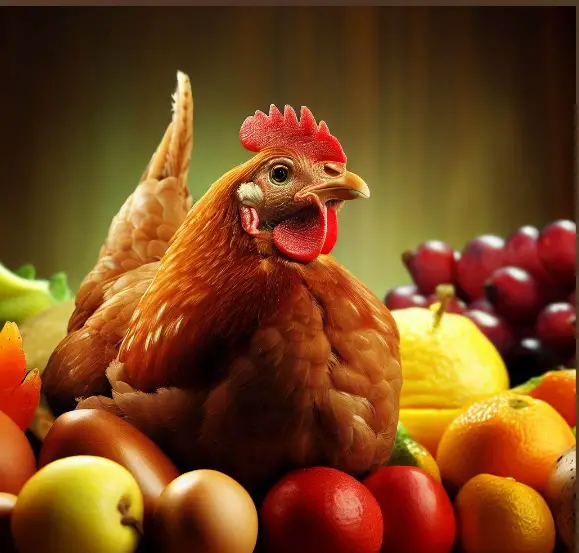
Chickens can safely eat apples, berries, bananas, watermelons, oranges, peaches, pears, pineapples, grapes, mangoes, papayas, and strawberries. These fruits are packed with important vitamins, minerals, and antioxidants. They can make a chicken’s meals more nutritious and fun.
1. Apples
Apples are great for chickens. They have vitamins A, C, and E and help with digestion. You can give your chickens pieces of apple, but take out the seeds and core first.
2. Berries
Strawberries, blueberries, and raspberries are full of good stuff like vitamins, fiber, and antioxidants. Chickens find these small fruits delicious. They can eat them whole or mashed up for a yummy and healthy snack.
3. Bananas
Just like people, chickens like bananas too. They’re a source of potassium and vitamin B6. Serve chickens bananas without the peel, either cut up or mashed. Since bananas are sugary, it’s best not to give them too much.
4. Watermelons
Watermelons help chickens stay hydrated, especially when it’s hot. They have vitamins A and C. Chickens can eat the red part and the seeds of watermelons, but make sure it’s seedless or remove the seeds first.
5. Oranges
Oranges are a citrus fruit and good for chickens now and then. They give vitamin C and are a refreshing treat. Offer small bits without any peel. Don’t give them too much citrus, or it could upset their tummies.
6. Peaches
Peaches are juicy and chickens like them. They provide vitamins and fiber. Give your chickens pieces without the pit and in small amounts.
7. Pears
Pears are good for chickens and have vitamins C and K, plus fiber. Cut them into little pieces for your chickens, making sure to take out the seeds and core.
8. Pineapples
Pineapples can be an exciting treat. They bring vitamin C and manganese. Give chickens pieces of fresh pineapple without the hard skin.
9. Grapes
Many chickens love grapes. They’ve got lots of water and are good for health. It’s okay to give whole grapes or cut them up, but don’t give too many because they’re also sugary.
10. Mangoes
Mangoes taste amazing and are nutritious for chickens. These fruits have lots of vitamins. Serve chickens mango pieces without the skin or pit as a special snack.
Papayas are fruits that come from tropical places, and chickens enjoy them. They bring vitamins and fiber. Serve your chickens ripe papayas without seeds, peeled and mashed up.
12. Strawberries
Strawberries are loved by people and chickens alike. Full of vitamins and good things for the body. Let your chickens eat whole strawberries or mash them as a special treat.
Tips and Precautions for Giving Fruits to Chickens
Tips for Feeding Fruits to Chickens
Chickens can enjoy fruits as part of a balanced diet, but it’s important to follow some guidelines. Be careful not to give them too much fruit, which can upset their stomach. Start with small amounts and watch for any bad reactions.
It’s key to introduce new fruits slowly to their meals and keep an eye out for any signs that the fruit isn’t agreeing with them. Always remove seeds, pits, or hard centers from the fruits as these can be dangerous for your chickens to eat.
Conclusion
Adding fruits to your chickens’ diet is a wonderful way to give them extra nutrition and a bit of variety. The 12 fruits I’ve talked about are not only tasty but also packed with good stuff for your chickens. They can make your chickens’ meals more interesting and healthy.
Even though fruits are good for them, remember to only give them in small amounts. Each chicken might react differently to certain fruits, so it’s important to think about any special needs they might have. By mixing these fruits into their regular food, you’ll help keep your chickens in top shape and enjoying their meals.
